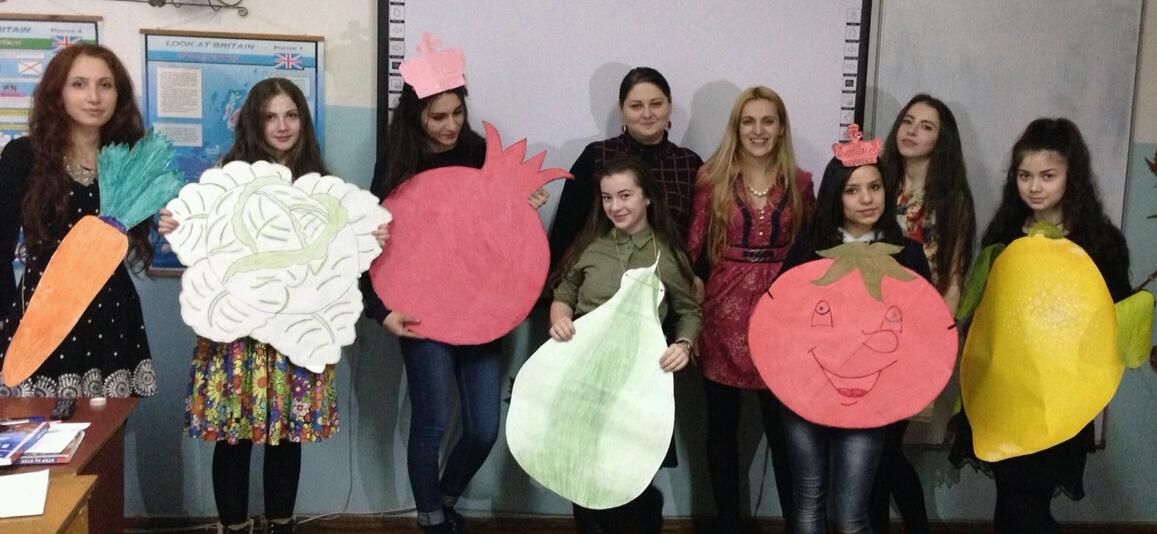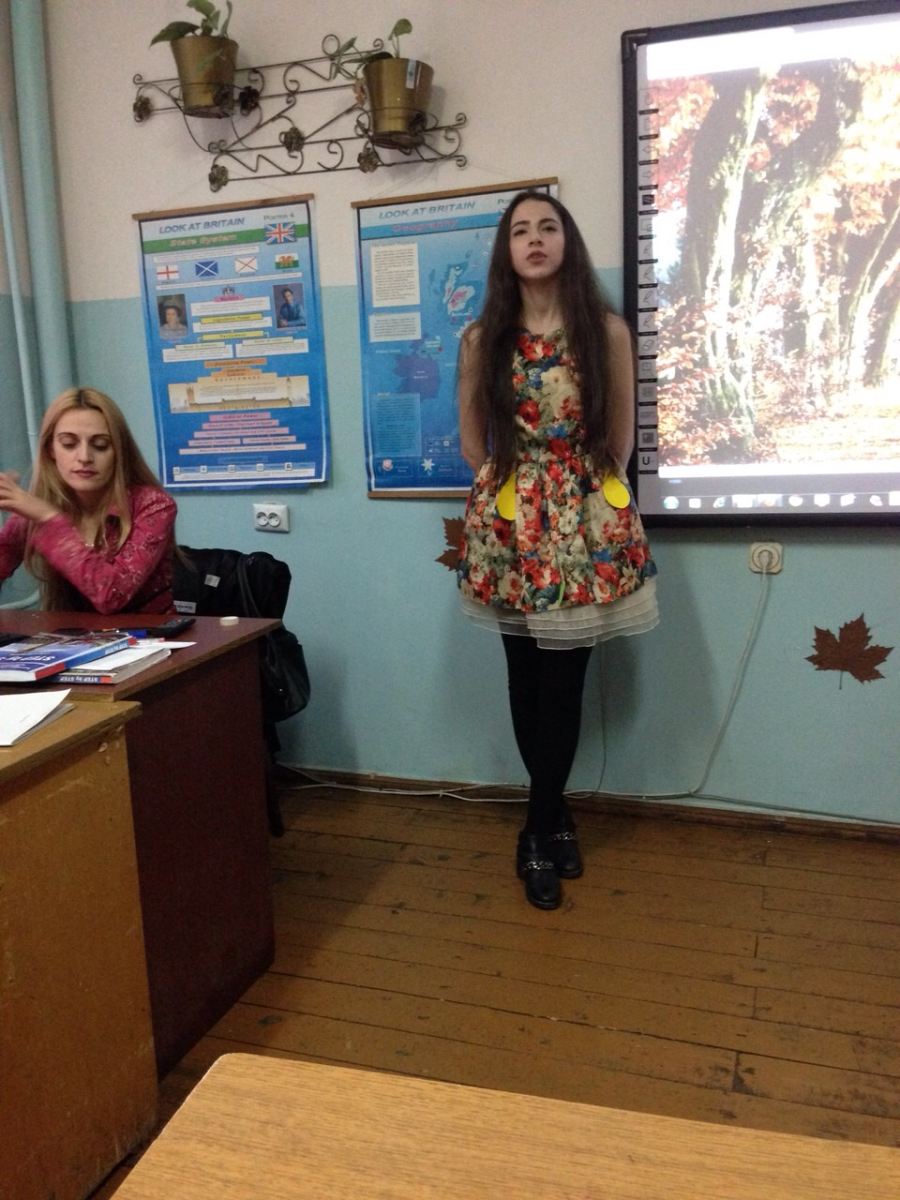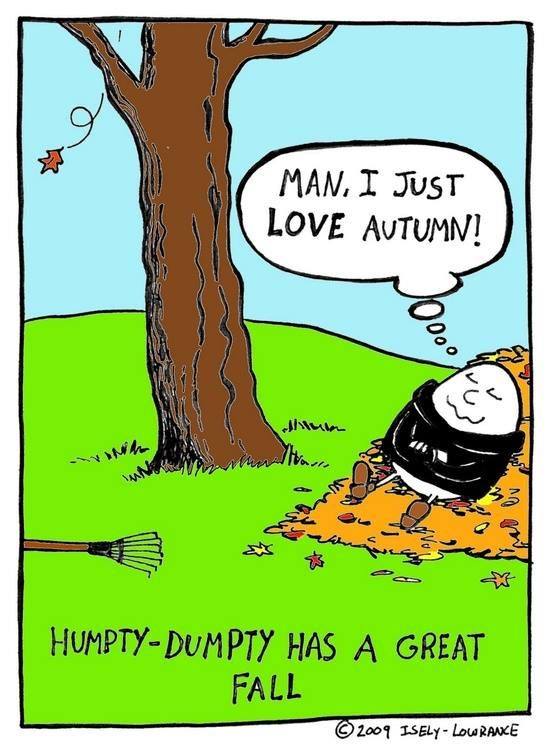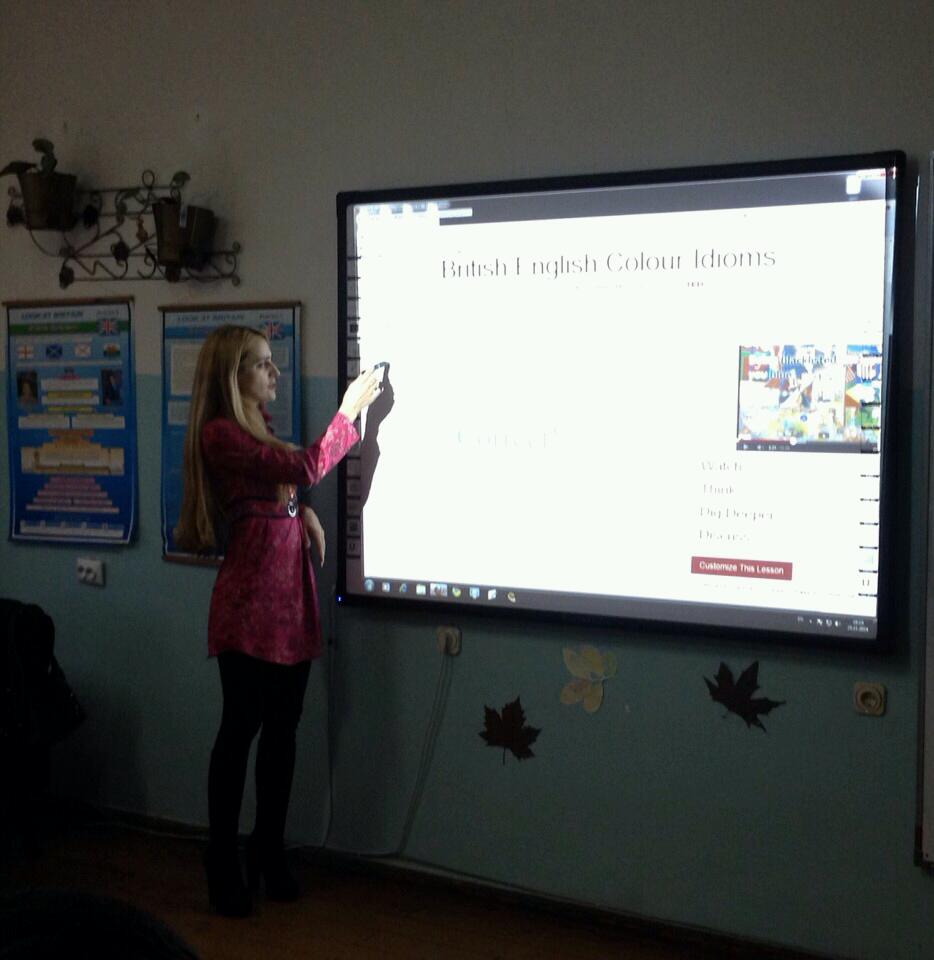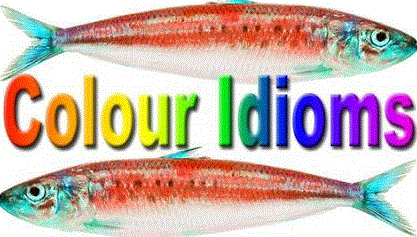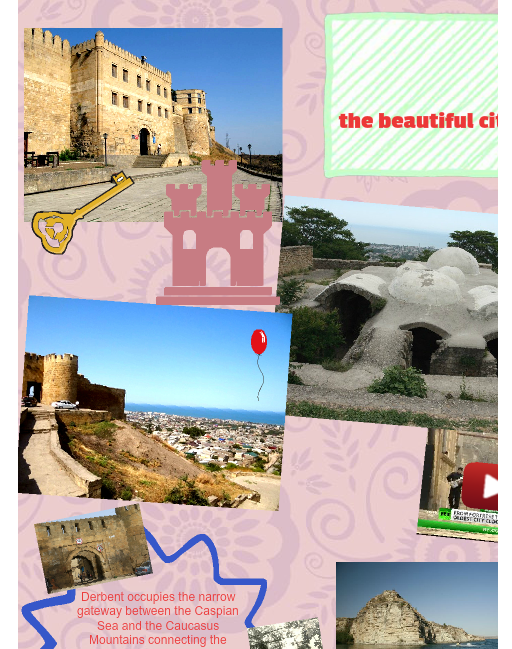Here you can find five historical facts about Christmas from All About History
1.The origin of the Christmas celebration is the Roman tradition of Saturnalia, where Romans would honour the god of agriculture – Saturn, during the winter solstice.
2.Gift giving traditionally took place at New Year, but as Christmas became increasingly important during the Victorian era gifts were exchanged on 25 December in the United Kingdom.
3.The term ‘x-mas’ has been in use since the 16th century and the ‘x’ actually stands for the Greek letter ‘Chi’ – the first letter of the Greek word for Christ.
4.Christmas cards were started in 1843 by British civil servant Henry Cole. Approximately 1,000 original Christmas cards were produced, and today these are worth thousands of pounds.
5.The history of Rudolph is far more recent than Saint Nick himself. He was created in 1939 in Chicago as a way to sell children’s Christmas colouring books. The names ‘Rollo’ and ‘Reginald’ were both also considered.
To know more about Christmas, how it is celebrated in Russia look here




